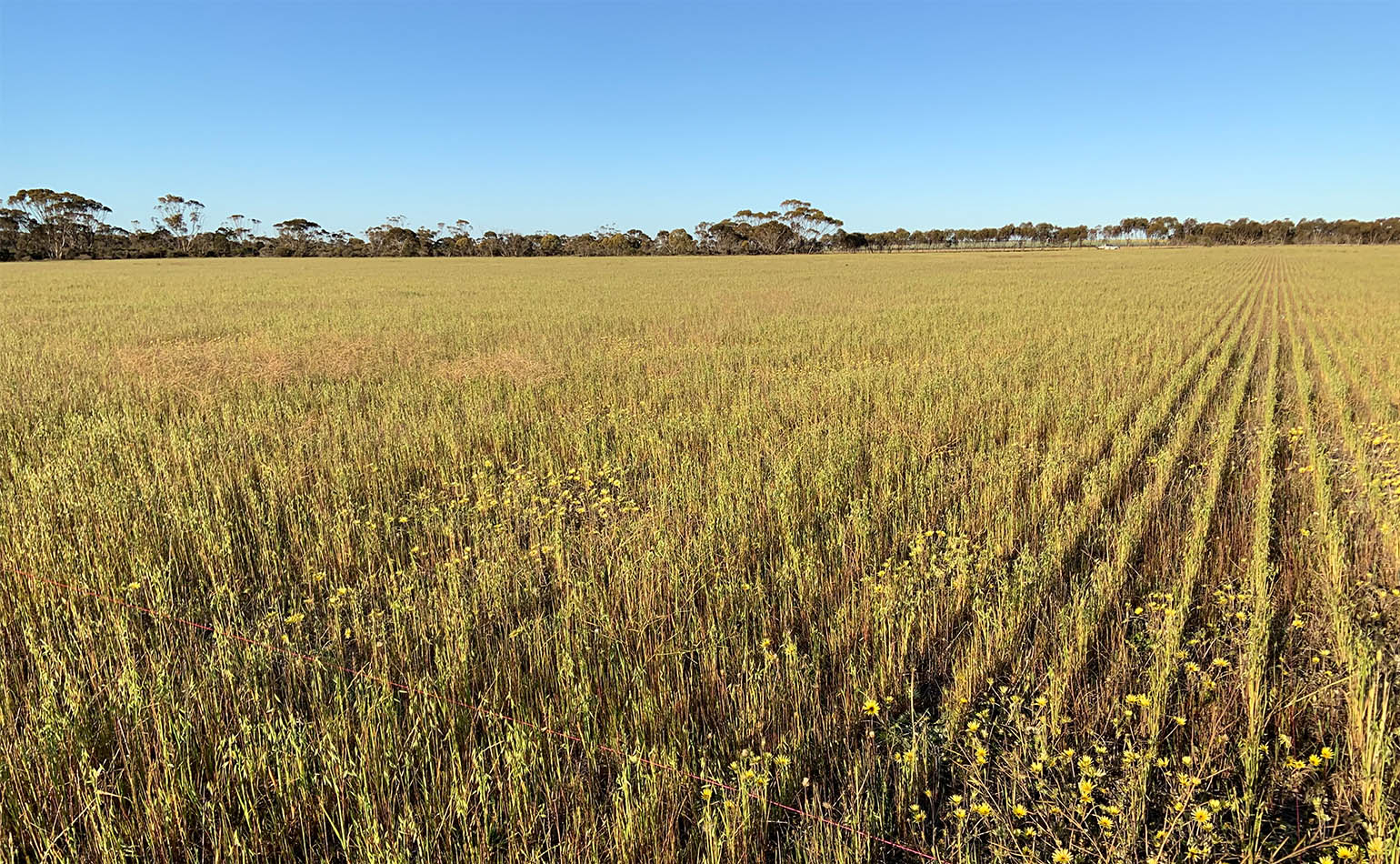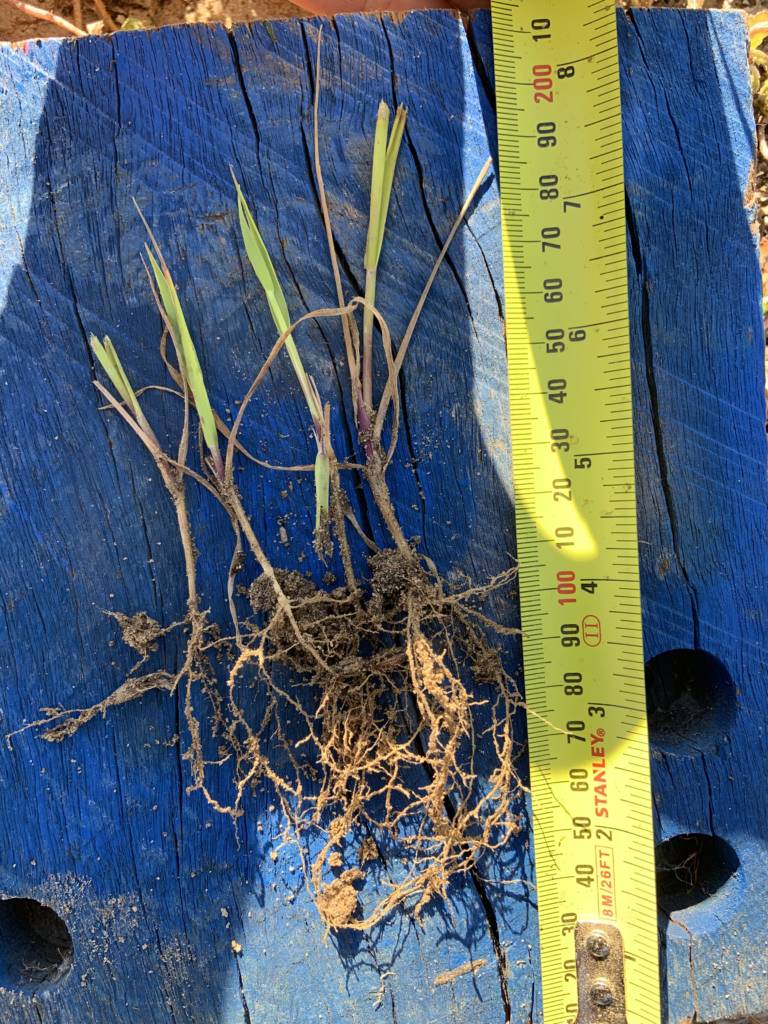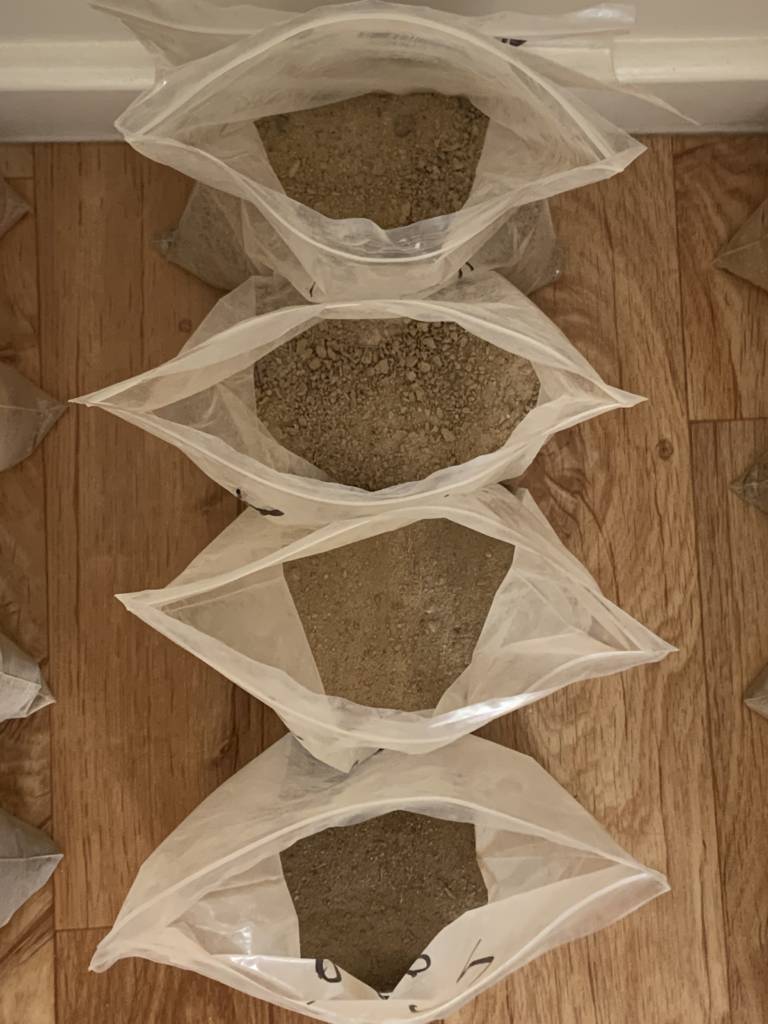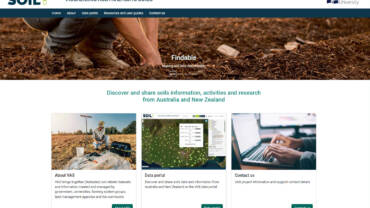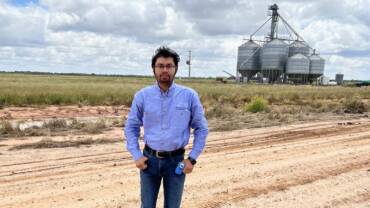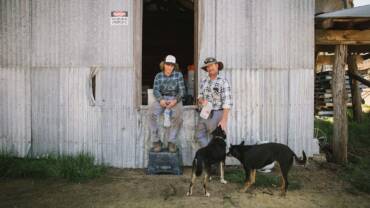Project Update: Regenerative Farming Systems
| Posted Aug 05,2021Project Leader: Dr Gwen Grelet, Manaaki Whenua – Landcare Research New Zealand
A growing number of innovative farmers are attempting to improve the performance of Australian soils using regenerative practices. These practices are designed to build organic matter and soil carbon, and increase resilience to more variable weather patterns. They include no-tillage, cover crops, crop rotations, intercropping, integrated livestock management, increased biodiversity and diversification, reduced inputs of synthetic fertilisers and biocides, and the addition of biological products such as fish hydrolysates, seaweed, “humates”, compost and vermicast extracts.
Up until now, evidence of success has been largely anecdotal. This Soil CRC project aims to test a suitable research approach to quantifying the effectiveness of regenerative farming systems for improving soil performance. It takes a co-innovation approach, involving researchers, farmers and extension practitioners working together.
This project is promoting collaboration between scientists and regenerative farmers, in order to study carbon functionality in regenerative farming systems and to quantify key farm performance outcomes across defined soil and climate constraints.
In the past, there has been a general lack of engagement between scientists and regenerative farmers. This is partly due to the difficulty in classifying the variety of practices; the context-specific knowledge that is scattered amongst practitioners; and regenerative management strategies being viewed as too complex, time consuming or even ‘too unscientific’ to become mainstream.
At the core of this project is a co-innovation platform seeking to progress relationships between researchers, farmers and extension practitioners, from engagement to collaboration. This platform enables co-delivery of a research program focussed on characterising carbon functionality in regenerative farming systems.
The program is a pilot project investigating whether soil carbon functionality can be improved using regenerative farming practices – including extremely carbon poor soils, and whether regenerative farm management strategies do indeed increase farm performance across multiple key outcomes. Research is needed to appraise whether regenerative agriculture might be a viable option for Australia. This program makes a start.
In this project, the team take a co-innovative approach and bring together scientists, regenerative agriculture practitioners and extension agencies. Their goal is to develop a research approach to rigorously assess outcomes from regenerative agriculture. They are particularly interested in understanding the role of soil carbon and the performance of regenerative farming systems. The team tested their approach in a dozen of farms located in different soil climate contexts.
The importance of soil carbon is now actively acknowledged by the Australian government as outlined in the National Soil Strategy. Hence a study seeking to understanding the role of soil carbon in regenerative farming system ought to, at least, be anchored in relevant socio-biophysical context. It is for this reason that this research project was constructed as a pilot co-innovation experiment.
Methods:
To scope the project on soil carbon functionality, the team conducted a small-scale preliminary social study covering a range of influences in the farming community – farmers, researchers, consultants and agencies. These became the ‘co-innovation team’. Based on the discussions amongst this ‘co-innovation team’, the research team formulated key research questions/hypotheses. They designed a relevant field-based experiment and they selected metrics to indicate sought-after functions.
The research team implemented a one-off sampling campaign to capture in-field data and collect samples from sites in WA, SA and NSW for subsequent lab analyses. They are now analysing data and consulting back with the co-innovation team to test the relevance of their experimental approach.
Progress:
The co-innovation team identified five main themes of investigation related to soil carbon functionality and to the understanding of the Regenerative Agriculture system in general, and three main research hypotheses.
The experimental design was chosen to include pairwise comparisons between Regenerative Agriculture and conventional systems. It also included additional Regenerative Agriculture systems to augment the breadth of data obtained from these systems and to further test relationships between the variables within Regenerative Agriculture systems.
The key metrics chosen as indicators of soil carbon functionality included
- measures of biodiversity (above and below ground)
- nutrient cycling
- carbon pools
- soil physical properties
- measures of production (biomass)
The team is also testing the usefulness of a remote-sensing approach to assess the resilience of production to climate variability.
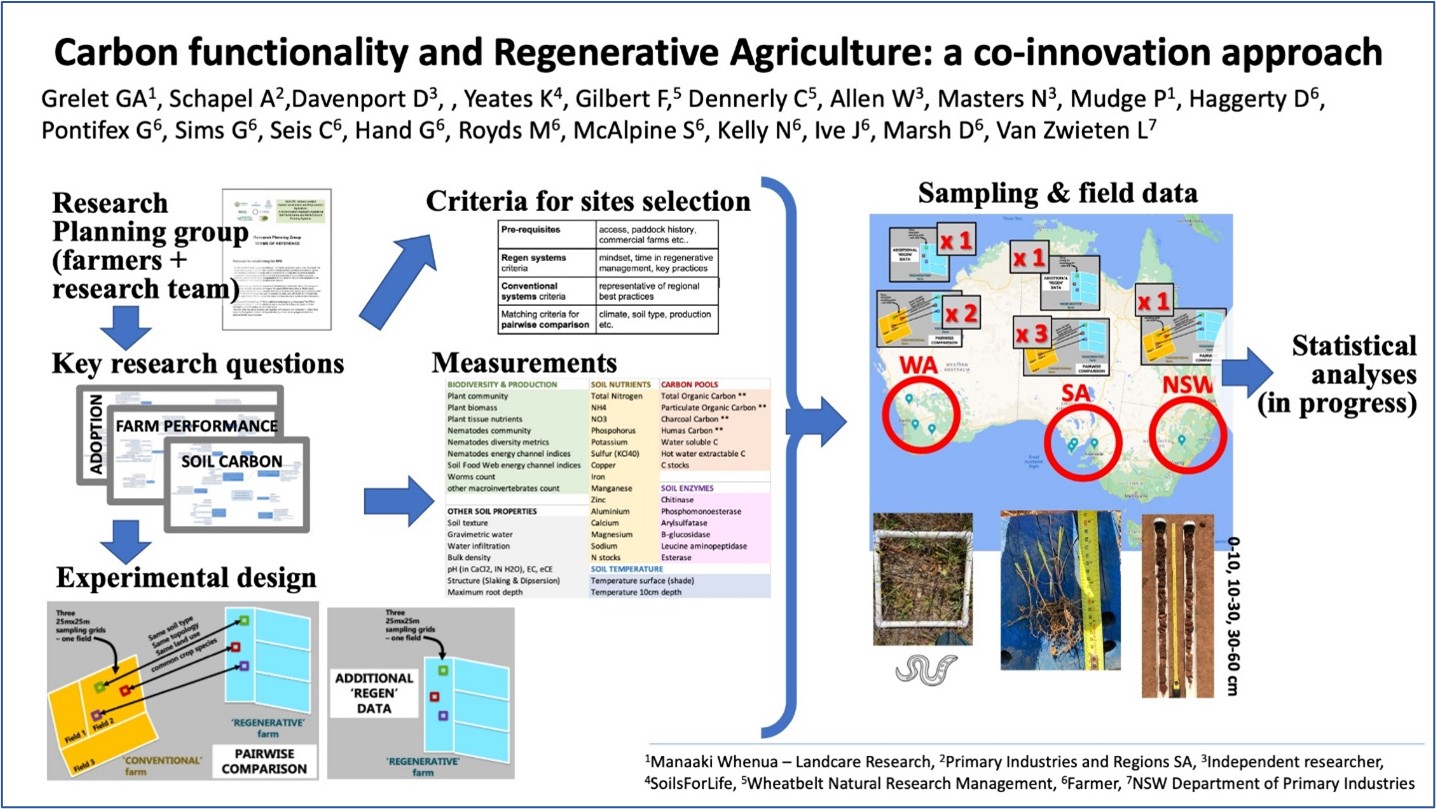
Co-innovative research approach to understanding the role of soil carbon in regenerative farming systems.


